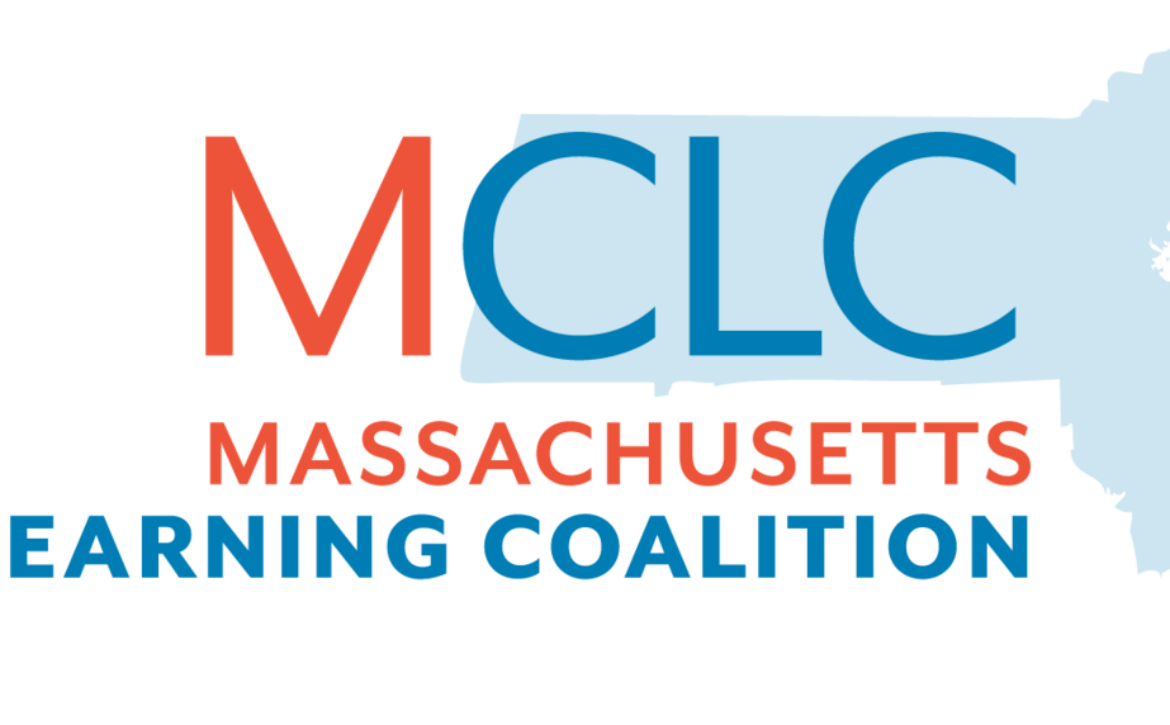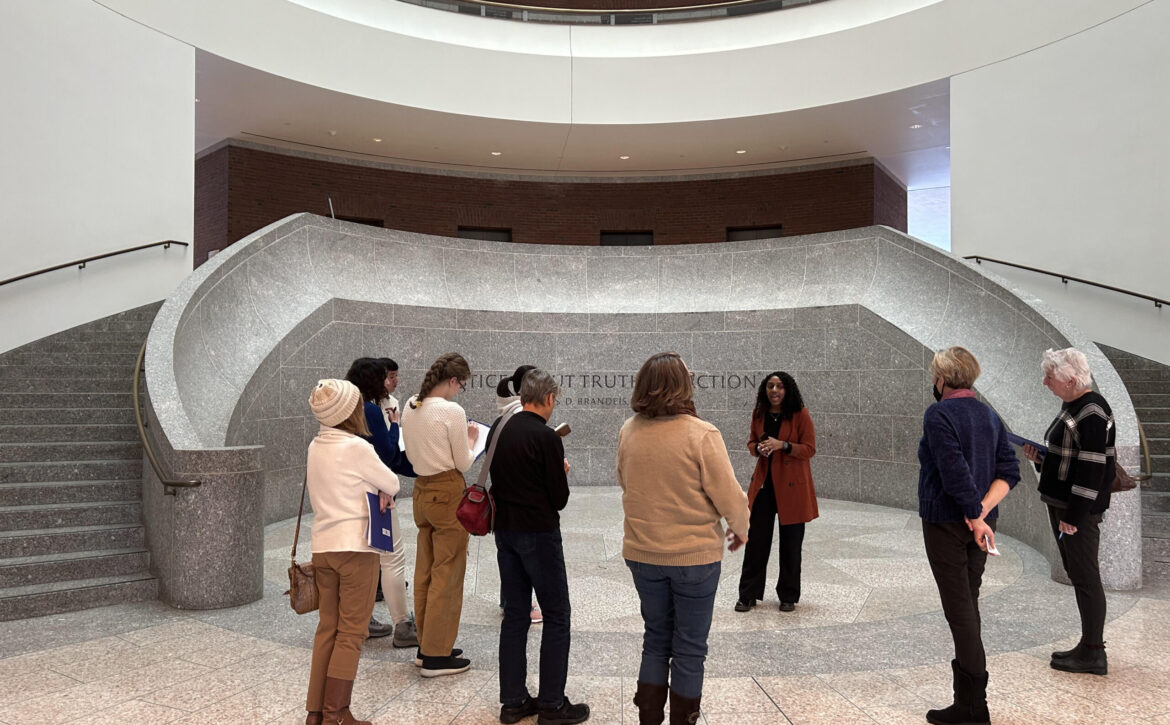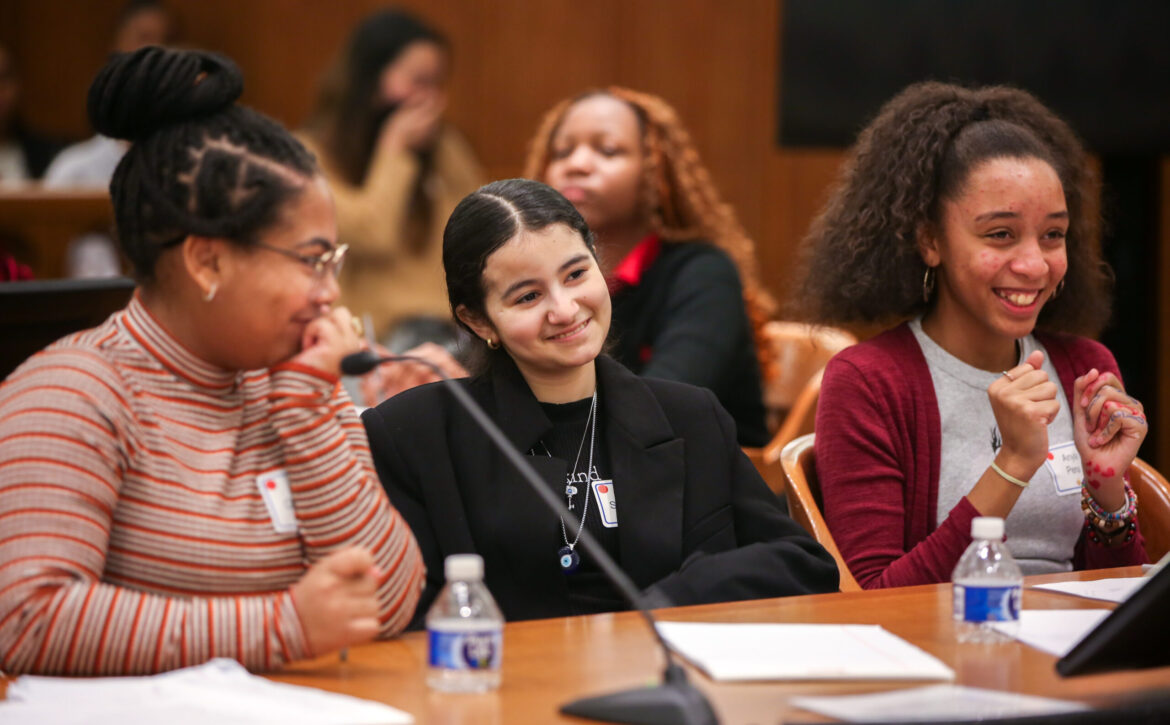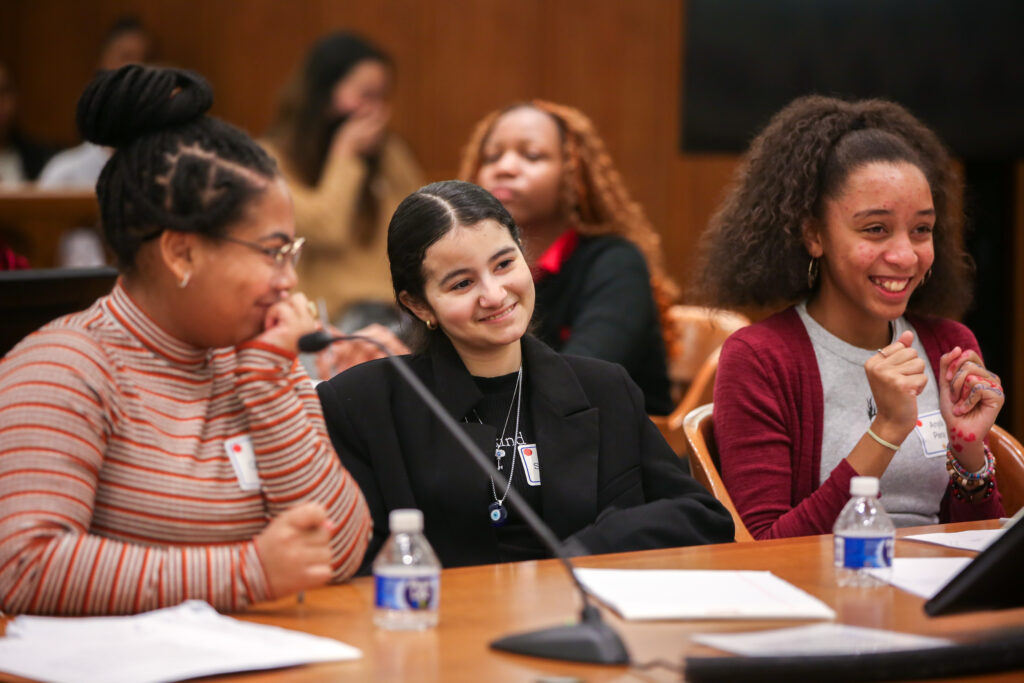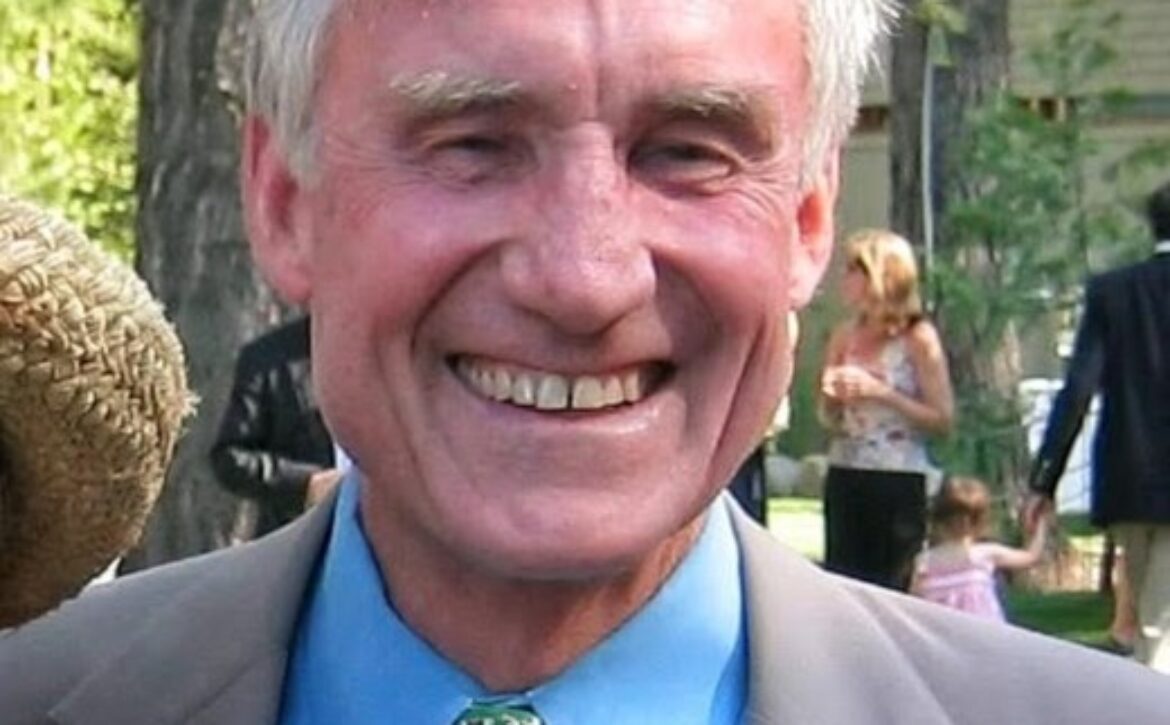Students, Teachers, Legislators, and Advocates Call for Increased Investment in Commonwealth’s Civic Education Programs
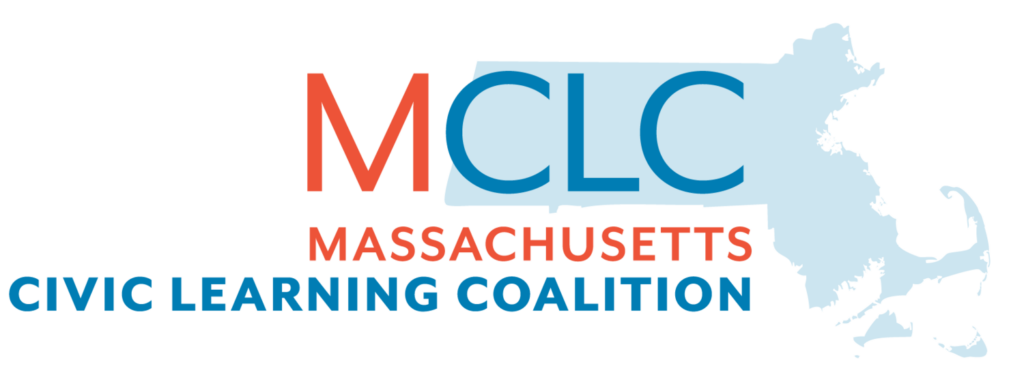
Highlighting the need for more equitable and robust civic education across the Commonwealth, legislators, teachers, students, and advocacy leaders called on the Massachusetts Legislature to increase investment in civic education to help prepare the next generation to steward the Commonwealth’s and nation’s democracy.
At the event, the Massachusetts Civic Learning Coalition (MCLC) released data on three years of grantmaking from the Civics Project Trust Fund that showed that less than half of the proposals from local school districts were funded due to the Fund’s limited amount of money.
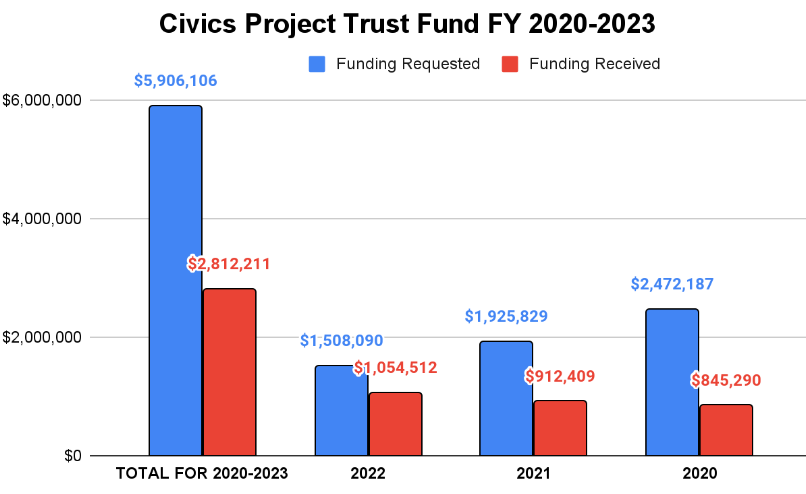
“The policy and financial investments we’ve made in civics education here in Massachusetts are yielding real, tangible results, and we should continue to increase those investments so it is available to all students,” said Senator Becca Rausch (D-Needham).
The speakers, which included teachers and students from Boston, Lynn and Lowell, urged the Legislature to increase funding the Civics Project Trust Fund by $500,000 to a $2,500,000 level. The Trust Fund is used by state education officials to develop civic education curriculum and professional development for teachers and is also granted out to school districts to develop local civic education capacity.
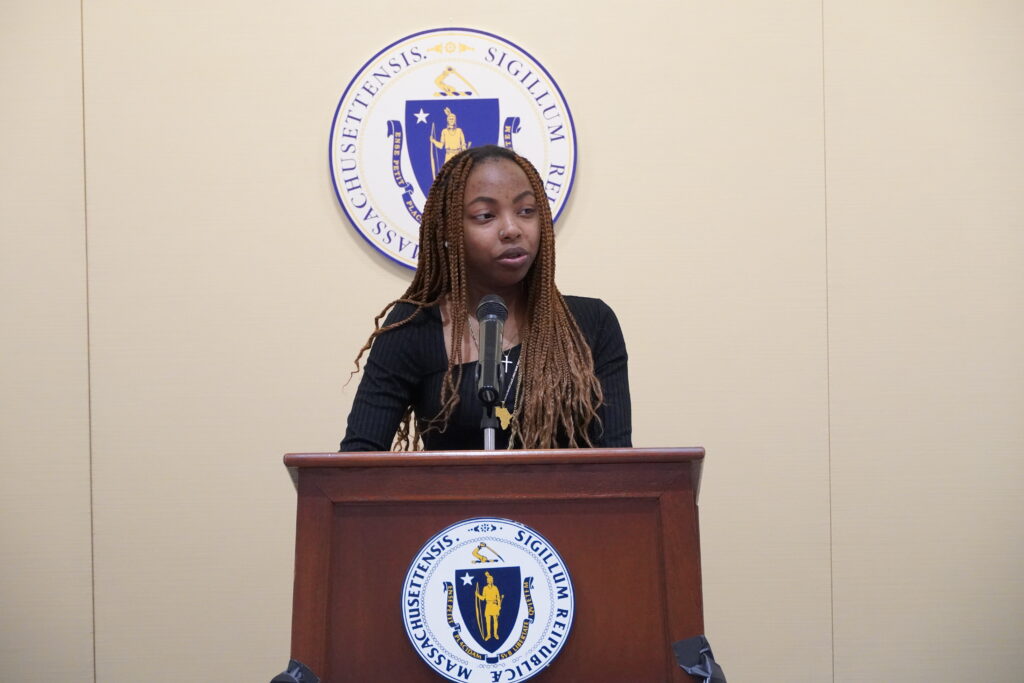
Discovering Justice is a proud member of MCLC that was formed five years ago to help pass the Civics Law of 2018. Discovering Justice Executive Director Matt Wilson, the Advocacy Chair of MCLC, and Adam Harrington, Discovering Justice Fellow, coordinated the event.
“Civics should be part of our school curriculums nationwide, and I’m proud to have been a part of the movement that made this law in Massachusetts. Every student deserves to learn about and participate in civic life. Building on this movement is more important now than ever,” said Representative Andy Vargas (D-Haverhill.), who was instrumental in the Civics Law passage in 2018.
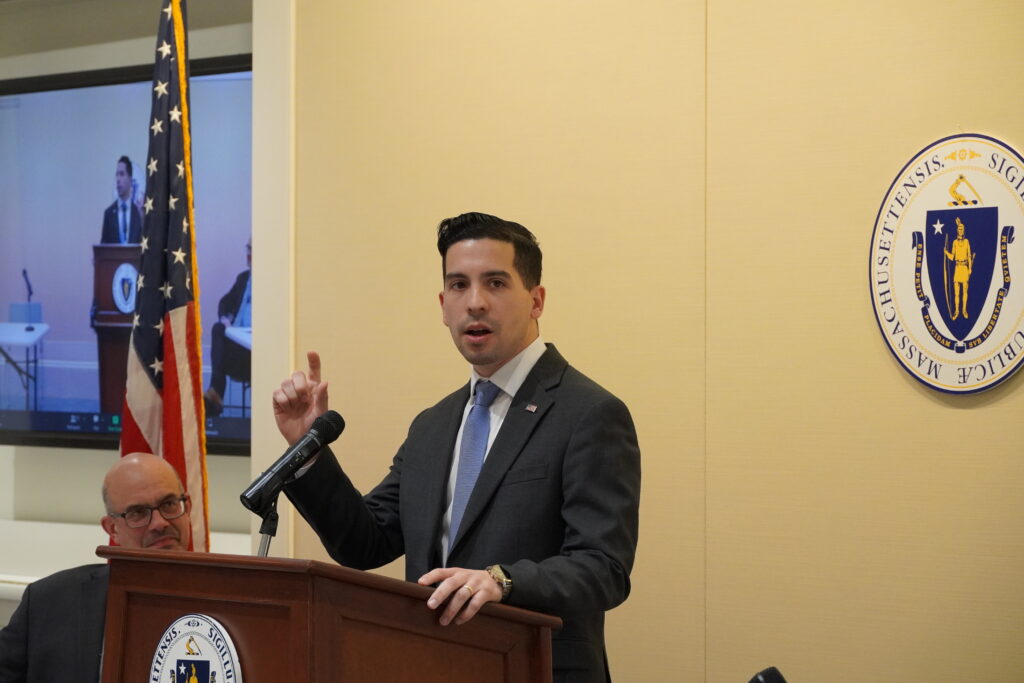
“Civic education and engagement are foundational to building the nation’s capacity to protect and steward our democracy,” said Matt Wilson, Executive Director of Discovering Justice. “America’s youth can play a key role, now and in the future, by engaging in our democratic process to build more equitable, healthy, and vibrant communities. Yet they need to be taught the skills and perspectives and given opportunities to engage.”
Legislators were joined by students and teachers who told their stories about the impact of their civic education classes.
“I can confidently say that I have been able to grow as a person through community service and civic education and that is why I believe more people should have access to civic education,” said Anthony Gonzalez, a Junior at the Radio and TV Broadcasting Program at Lynn Vocational Technical Institute. “After seeing the impact, I was able to help make, and my growth being acknowledged by myself and my peers, I believe that every student in the Commonwealth should be able to experience those same things.”
“Civic education programs benefit the future leaders of our society, like my 6th grade student Eslenny Rosa who is here today. We have many students at the Mildred and throughout the Commonwealth who already excel academically, and civics allows us to pair those great academic skills with the kind of moral compass we want our future leaders to have,” said Derek Doherty, a 6th grade teacher for Boston Public Schools at the Mildred Avenue K-8 School in Mattapan.
“When I began to teach civics in my classroom, an amazing thing happened. Students were engaged in their community and truly involved in trying to solve issues in their neighborhoods,” said Joseph Jussaume, a history teacher at Lowell High School. “Students saw themselves, maybe for the first time, as part of the larger community picture. That they, even as young people, could bring about change.”
The Massachusetts House of Representatives will release its budget in the second week of April and the Senate will release their proposal in the middle of May. Governor Healey is expected to sign the budget for the new fiscal year by July 1.
